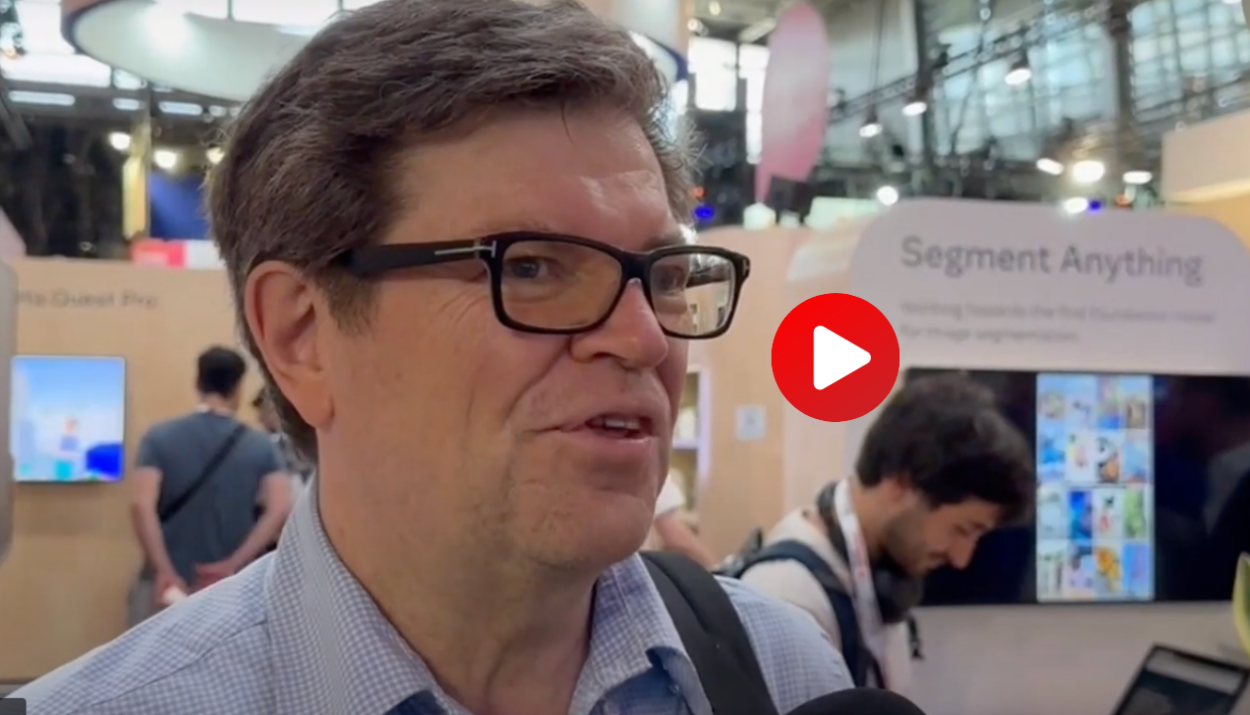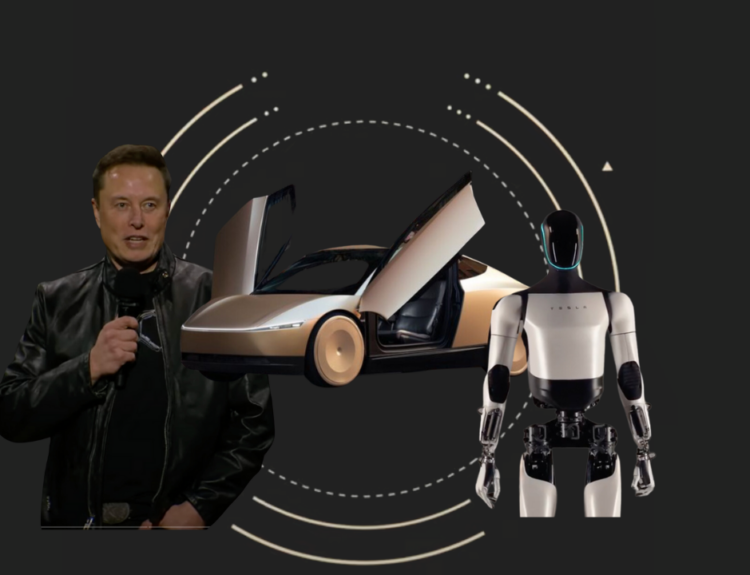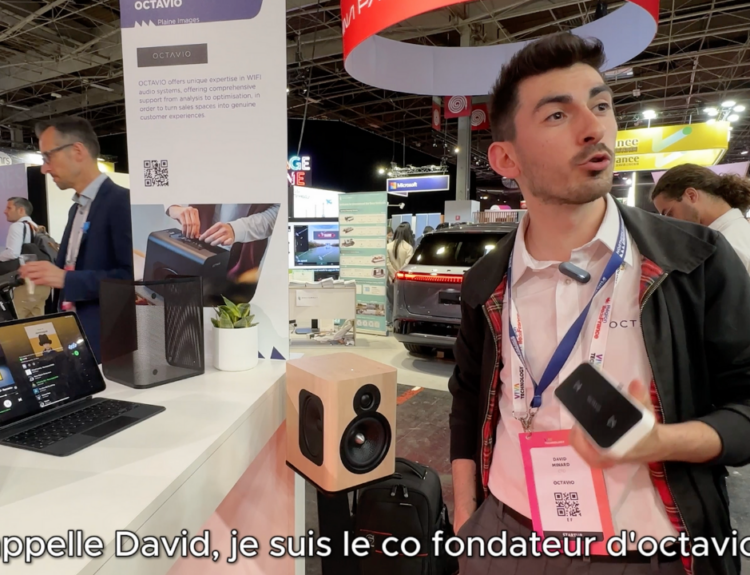Exploring the revolutionary impact of AI and VR on tourism, Meta's Yann Le Cun unveils a future where travel transcends reality.
Artificial Intelligence and Virtual Reality: A Promising Future for Tourism
Artificial intelligence and virtual reality are set to radically redefine the tourism and leisure sector. At least that's what Yann Le Cun, research director who shared his vision with us at the last VIVATECH show in Paris, thinks.
Tourism of tomorrow: Between virtual world and reality
Virtual reality and artificial intelligence will allow travelers to explore destinations before even setting foot there.
According to Yann Le Cun, "we might be able to take a virtual vacation with virtual reality."
These immersive experiences offer a tantalizing glimpse into what tomorrow’s tourism could look like. Meta’s innovations in this area are at the forefront of this evolution, with virtual reality glasses already serving as a technological showcase.
AI and virtual reality: An inevitable synergy
Far from opposing them, Yann Le Cun explains that virtual reality and AI are complementary and indispensable to each other. "We cannot make the Metaverse, that is to say the virtual, without fairly sophisticated AI techniques," he emphasizes. Indeed, AI powers and optimizes the virtual reality experience, making simulations more precise and more interactive.
Removing the language barrier thanks to AI
Tourism could benefit greatly from advances in augmented reality and artificial intelligence. Imagine augmented reality glasses that instantly translate foreign languages:
"When we are in a country where we do not speak the language, we can have the translation in the subtitles that appear in our virtual reality glasses," explains Yann Le Cun.
This technology would allow travelers to understand menus, signs and local conversations, eliminating the language barrier.
Telepresence: Travel without moving
Telepresence, allowing communication with people located at a distance as if they were in the same room, is another advantage promised by these new technologies. This opens up prospects for immersive virtual travel or for improving the experience of physical travel.
Towards human-level artificial intelligence
Yann Le Cun and his team are focusing on fundamental research, including the creation of virtual assistants with near-human intelligence. While this remains, for now, more science than technology, there is no denying that these advances are paving the way for an exciting future for tourism.
The future of tourism, as presented by Yann Le Cun, is a fascinating mix of virtual and augmented realities, powered by unprecedented advances in artificial intelligence. This convergence promises to evolve the tourism sector towards a more immersive, interactive and personalized experience.






